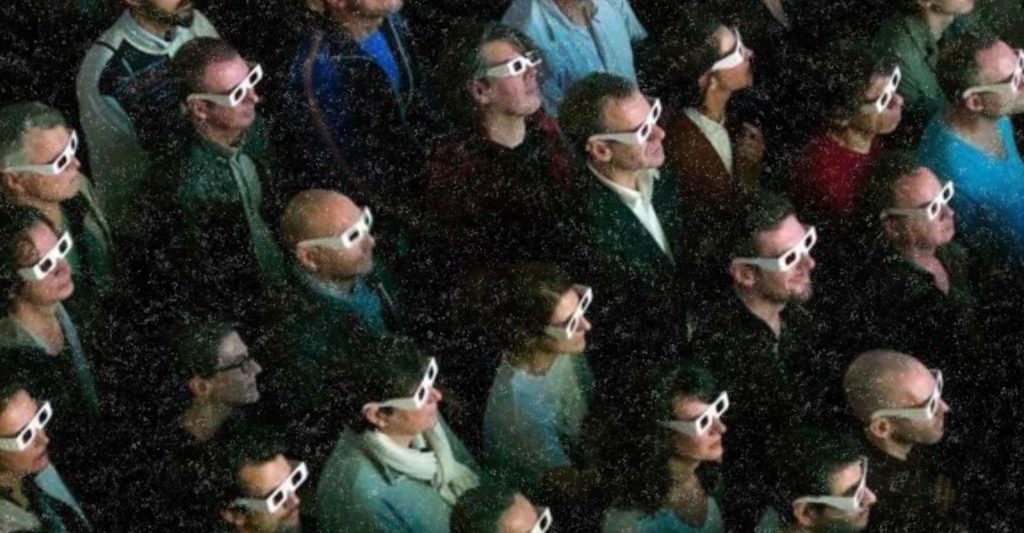
Why the Fitness Industry is Failing You
Even if you’ve never set foot in a gym, you’ve heard the mantras.
“Get ripped.”
“Kill it in the gym.”
“Get cut.”
“No pain, no gain.”
“Burn it off.”
“Get shredded.”
The “kill it lifestyle” is a term used to describe the intense and often unhealthy workout and diet habits that are promoted by the fitness industry. This lifestyle is characterized by long hours of exercise, strict dietary restrictions, and a focus on achieving unrealistic body goals. The fitness industry promotes the “kill it lifestyle” as a way to achieve optimal health and fitness (and optimize its own bottom line), but, in reality, this lifestyle can be harmful to both one’s physical and mental health.
What does this kind of destructive and coercive language do to us at a subconscious level? How does it prepare us to operate in the world? In the workplace? With fitness gurus encouraging us to get up at 4am in order to meditate, journal and exercise before putting in 10 to 12-hour workdays, then when are we supposed to sleep? Relax? Just hang out? It’s not sustainable, and it’s not good for you. (The Yo-Yo Diet Cycle)
Physically, this “kill it lifestyle” can lead to injuries, burnout, and eating disorders. Mentally, it can lead to anxiety, depression, and low self-esteem. It’s one thing to be trying to get people moving and healthier, but at what cost when this lifestyle is taken to such extremes (which is exactly where the industry wants us to take it)? I first got into bodybuilding because I was getting bullied in grade school and high school. It worked, and not just for that. I began to get more attention, more compliments on my appearance. I enjoyed it. I love it still. But my personality, and my entire identity, soon became tied up with my physical appearance and my willingness to “kill it” in the gym. Eventually I herniated several disks in my back. My body couldn’t keep up with my ambitions, which were deeply intoxicating. And I was just 28.
It is important to remember that the fitness industry is a business. They are not interested in your health or well-being. They are interested in making money. And they do this by fostering and exploiting our own tendencies toward narcissism and low self-esteem. One way is through the use of advertising. Fitness ads are often filled with images of perfectly sculpted bodies. These images are designed to make people feel insecure about their own bodies and to motivate them to buy the products or services being advertised. The advertisements are also designed to make us covet a particular “elite” lifestyle. They prompt us to buy our own gear, squatting shoes, lifting belts. I once met a woman who brought her own specialty barbell to the gym. This elitist pitch is not subtle. Look at the ads for Equinox. The gyms look like hotels. They are a place where the beautiful people hang out. The Roman bathhouses of the 21st century.
Another way that the fitness industry fosters narcissism is through the use of social media. Social media platforms like Instagram, TikTok and Facebook are full of fitness influencers who post pictures of their perfect bodies. These influencers often use their platforms to promote their own fitness programs or products. They also use their platforms to shame people who don’t fit their idea of what is considered “fit.” Fueled by social media and advertising campaigns, the fitness industry serves as a breeding ground for narcissism. It helps create a sense of entitlement in people. They start to believe that they are better than others. They begin to think that they deserve special treatment because they are “fit.”
The behavior of those in the fitness industry is unlikely to change. But they should be aware of how they are shaping their adherent’s psychological well being and of the responsibility they bear for their communities’ health and wellness. They should be more careful about trumpeting the “kill it lifestyle.” The self-infliction of pain should never become an end in itself. I don’t regret having spent some time in the gym over the years, but I do regret that I did not spend some of that time developing my personality, social skills, and relationships alongside my abdominals, pectorals, and deltoids. I wish I could tell my younger self, “You don’t have to murder yourself in the gym. You can skip the gym today to hang out with your friends and develop more relationships, because you don’t realize it now being so dedicated, but you will feel lonely and isolated. Life is about moderation. About really living, experiencing life with people. Not killing it and definitely not killing it alone.”






